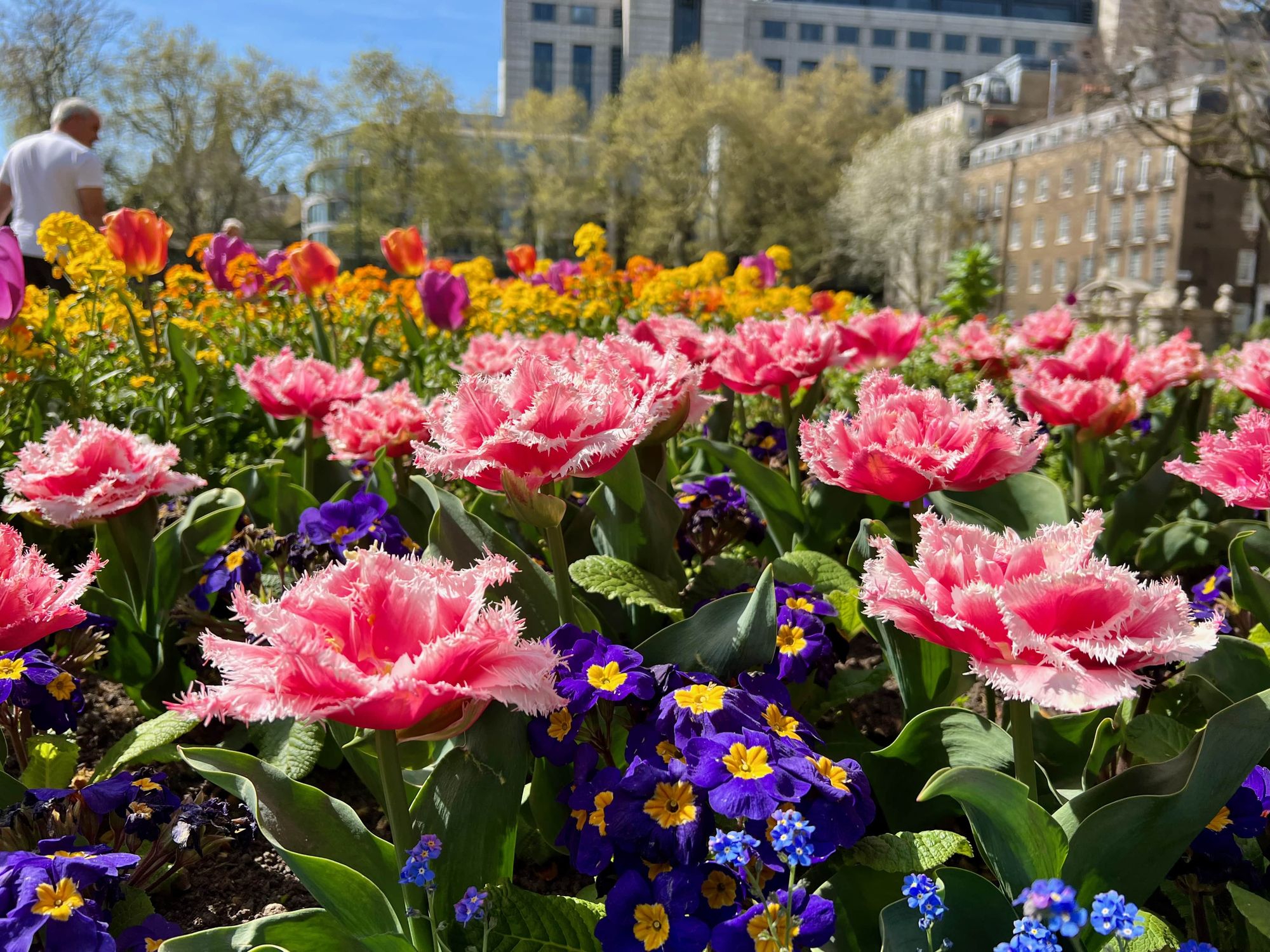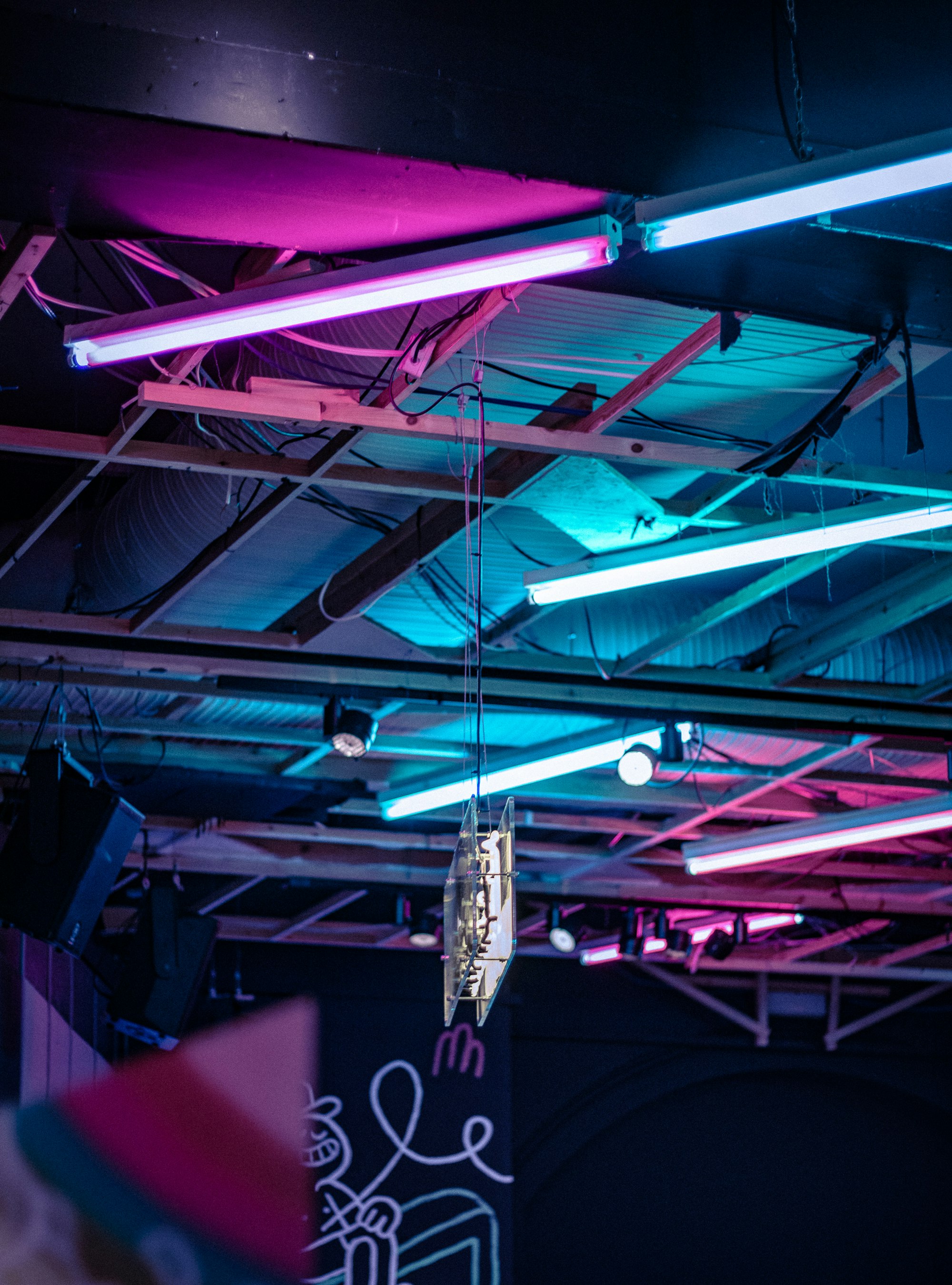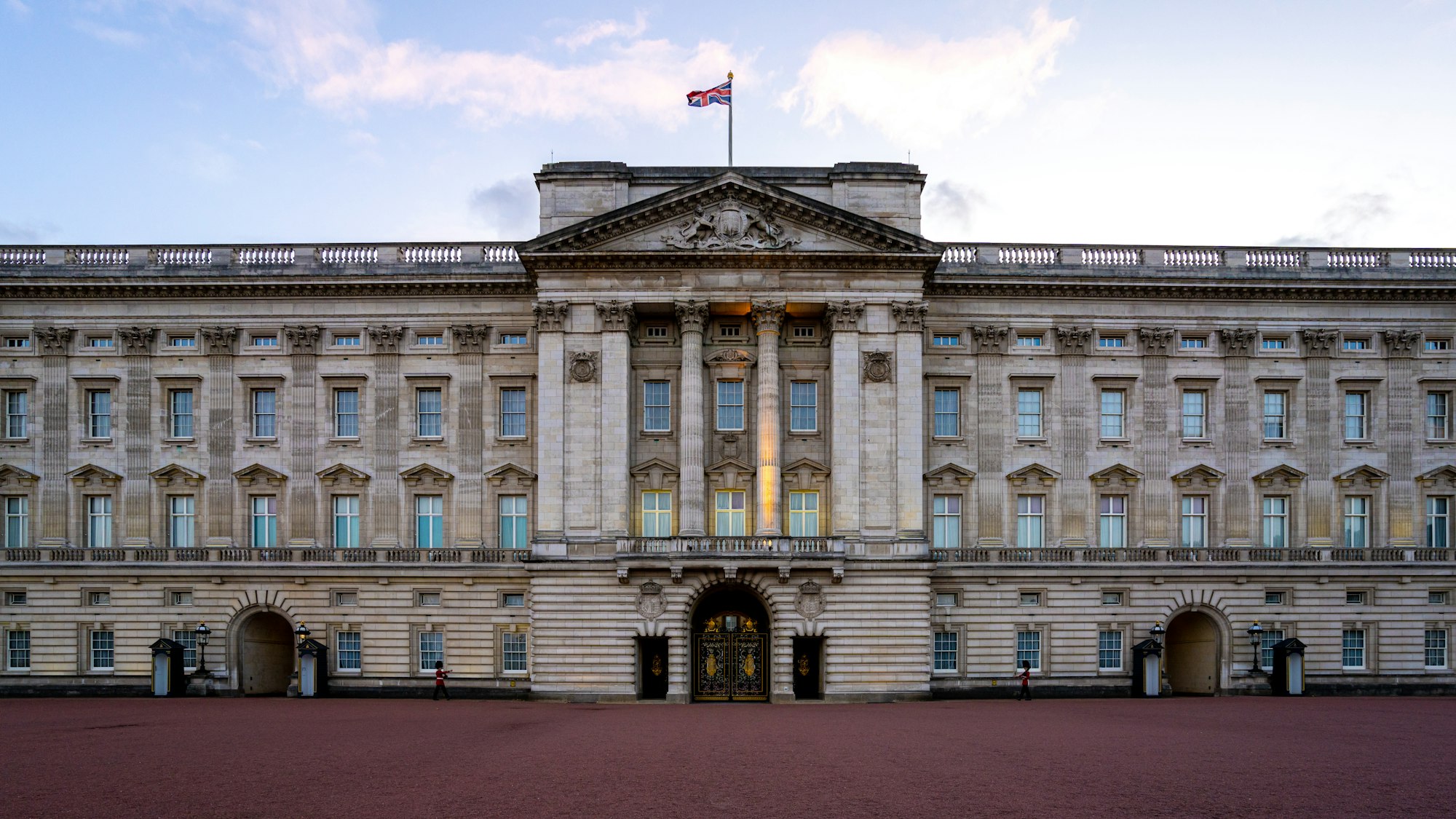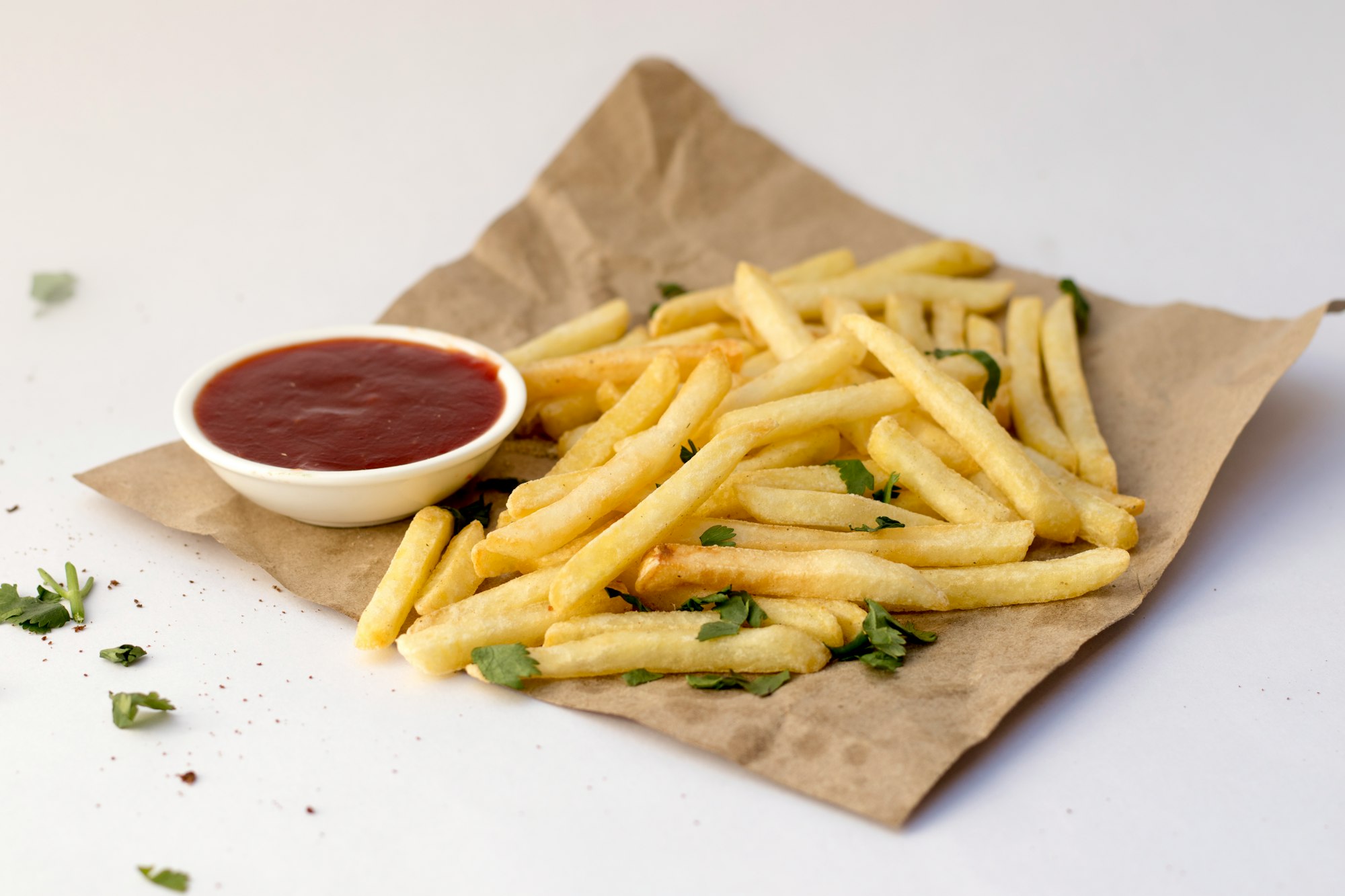Almost Giving Up Alcohol
Trigger warning: this story mentions drink spiking.
At 24, I decided to give up alcohol for the year. Well, 99% of the year.
A month before my birthday, I had my drink spiked. It was a blackout moment for me. I was at a party with dire wolves, caged dancers, and acrobats who were swinging from the ceiling. The only thing reigning in the organisers’ vision of hosting a hormone-heavy fairytale-themed night was that officially speaking, this was a work event and I was there to “network”.
No, legitimately. I’m not being coy and saying “network” to conceal an innuendo. I was sincerely at this funky party to make connections, sign some deals, and mingle, which, if you’re like me, should sound exhausting.
A right of passage for anyone finding their feet in the working world is creating a LinkedIn profile. That’s where the trouble begins. In your innocence, the oversupply of posts by self-proclaimed gurus means you fall into reading things like, ’6 Rules Turtles Can Teach Us About Networking’.[1] After all, time is money; you don’t want to get fired, and maximising the number of connections you’re making per second by throwing business cards at everyone on the bus is a controversial but perhaps promising strategy.
Being 23, I’d learned that projectile business cards were a bad idea and that ignoring 99% of LinkedIn posts was a good idea. Instead, I decided to shimmy into a more simple game plan for whenever I found myself at these sorts of events: aim to meet at least one interesting person, have a chat, and pop home. If I do that, I’ve won the evening.
It was the classic gambit: value quality over quantity. Instead of building a vast network of shallow connections, I would get to know fewer people better and, hopefully, pick up some friends. The thought was freeing. I could stop forcing myself to perform a cold calculus each time I spoke to someone and instead be curious about their lives. They, under this warmer light, returned to being people rather than economic resources.
So there I was, networking to my own beat at the party that marked the end of the gambling conference we’d been exhibiting at. By we, I mean the startup I was working for. We specialised in catching online fraudsters, which is a major thorn in the side of the gambling industry because they hate it when people win money (especially if they’ve cheated). After arriving, making a friend (this 20-something-year-old guy who’d flown in from Australia), and grabbing a drink from the bar, we started exploring. That’s when we met the dire wolves and bumped into someone who insisted we join them in the VIP area.
That’s it. That’s all I remember. The rest of the night’s events were erased until I woke up somewhere I didn’t know, dazed, and pretty damn concerned I was going to be late for work.
I wasn’t harmed in any way. Just stunned. Something like that shatters your impression of the world, leaving you to agonise over the fragments you do recall in case there’s some clue you overlooked. Then you’re plagued by a spiral of questions: was it meant for me? Did I take the hit for someone else? Was it done in malice? Mix that in with a lot of (misguided) guilt for being stupid enough to drink something tampered with, couple it with the relief that, on the whole, everything was fine, and you have a rough plan of how my mind was wired during the weeks that followed.
That’s why when I turned 24, I decided to change my relationship with alcohol. I suppose it was partly a defence. I didn’t want to be spiked and blackout again. Though it was also a protest. A way of reclaiming alcohol on my own terms rather than giving in to fear. However, it was mostly because I wanted to answer a question I’d been thinking about for a while: can I have fun without drinking?
Drinking’s everywhere in the UK. It causes embarrassment when Brits go abroad, but it’s justified as an indulgence of youth. A rightful expression of freedom, and who doesn’t want to be free? With that seed planted, every social moment becomes like a scene from Bridget Jones, where bottles of wine are as common as IKEA furniture as you bumble through your 20s, using your liquid confidence to mask the fact that you have no idea what you’re doing. You assume, however, that people will forgive you if you have a glass in your hand because they’ll assign any faux pas to the booze rather than your messy attempts to fit in, make friends and figure out who you are.
I was sort of fed up with doing this by then. Besides, I wanted to run my experiment. Could I, without the crutch of drinking, stop overthinking everything and chill out? It didn’t get off to a good start – the not overthinking part – as I came up with the convoluted 99% rule.
I wanted to be mindful of when I would drink rather than making it the default marinade for all my socialising. Going teetotal wouldn’t let me do that, but not drinking for 99% of the year gave me three days to spend in whatever way I wanted.
I didn’t know which days I would pick, but I still remember all of them five years later. The first was when two of my friends announced their engagement and we raised a champagne toast to celebrate; the second was a fancy-dress New Year’s Eve party; and the final one was in the summer, cycling down the rolling hills of Florence during sunset after having an amazing dinner with my best friend[2].
The softer approach meant I wasn’t giving up alcohol, but reframing it to become the extra sparkle I could add to an especially great day. Generally, we’re expected to avoid choices like this, as the world hates it when we confuse them by not having binary preferences. You should, they claim, choose one extreme or the other, despite the fact somewhere in the middle is far more liberating.
Being a social carnivore is like this. It’s when you’re vegetarian unless someone else is cooking for you. Then you eat whatever they’re serving, vegetables or not. Standing on this middle ground, you’re still able to eat less meat and, when you do indulge, turn it into a special treat you share with friends. You’re not a fraud for doing this. In fact, the opposite is true. You’re wise enough to know that hard rules aren’t always the best approach.
So yeah. You don’t have to fit into a neat box. Instead find a balance that works for you and don’t let the confusion of others shame you into thinking what you’re doing isn’t valid. The more likely source of their judgement is that they wish they knew themselves as well as you do.
Your friend,
Jamie | @JamoeMills
From a gloriously sunny Sunday in London ☀️
[1] Turns out the internet does think turtles have spades of wisdom to pass on to us. Some nuggets from my searching include: remembering that sometimes you have to dig yourself out of a hole you didn’t dig; come out of your shell; slow down; and learn to carry your home on your back. They’re all just vague enough to be fortune-cookie-helpful.
[2] Where is this magical restaurant in Florence? It’s called La Capponcina di Settignano, Via di S. Romano, 15/17 R, 50135 Firenze. We cycled there, though it is a bit hilly, so you might prefer a taxi.





